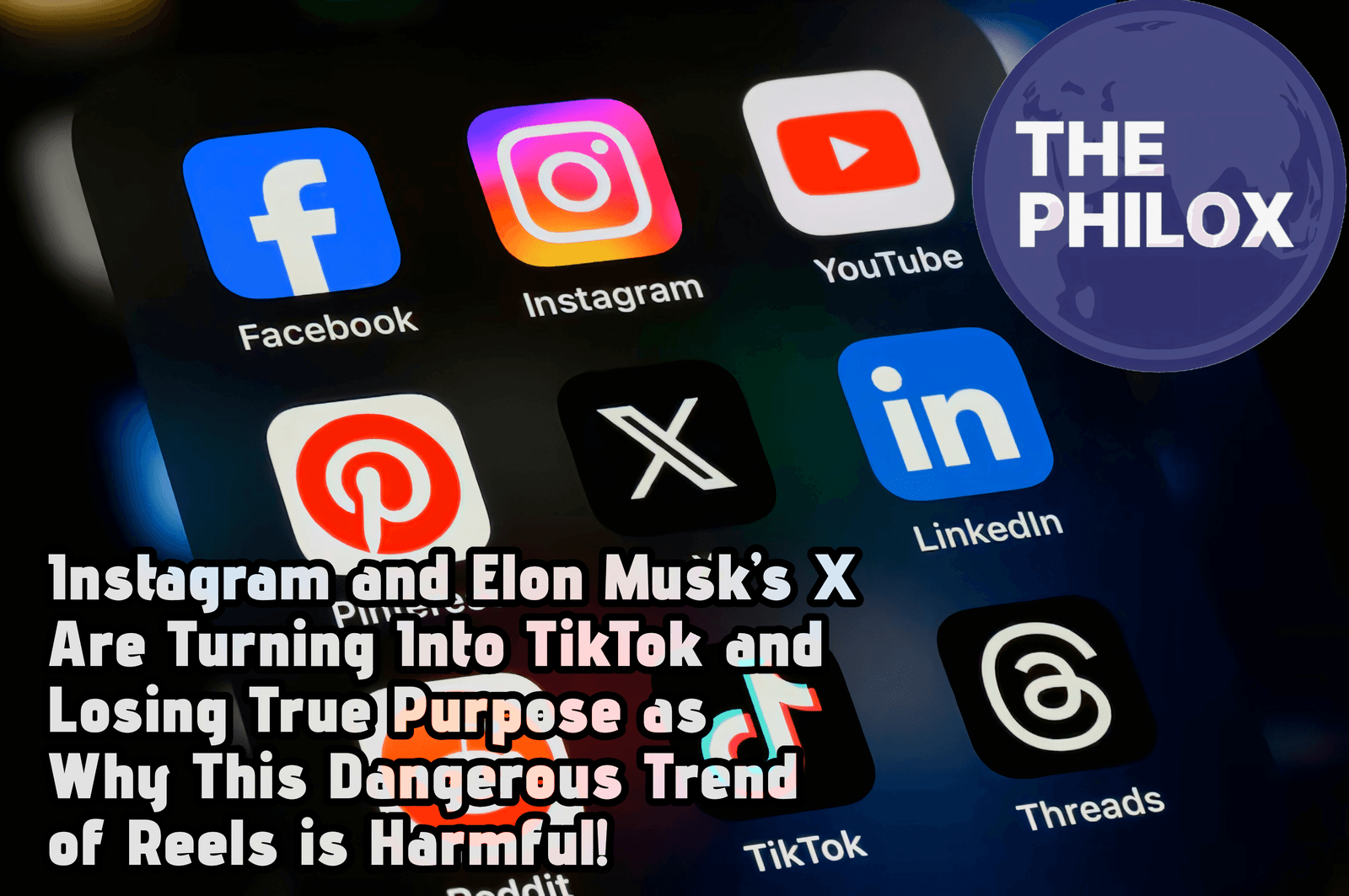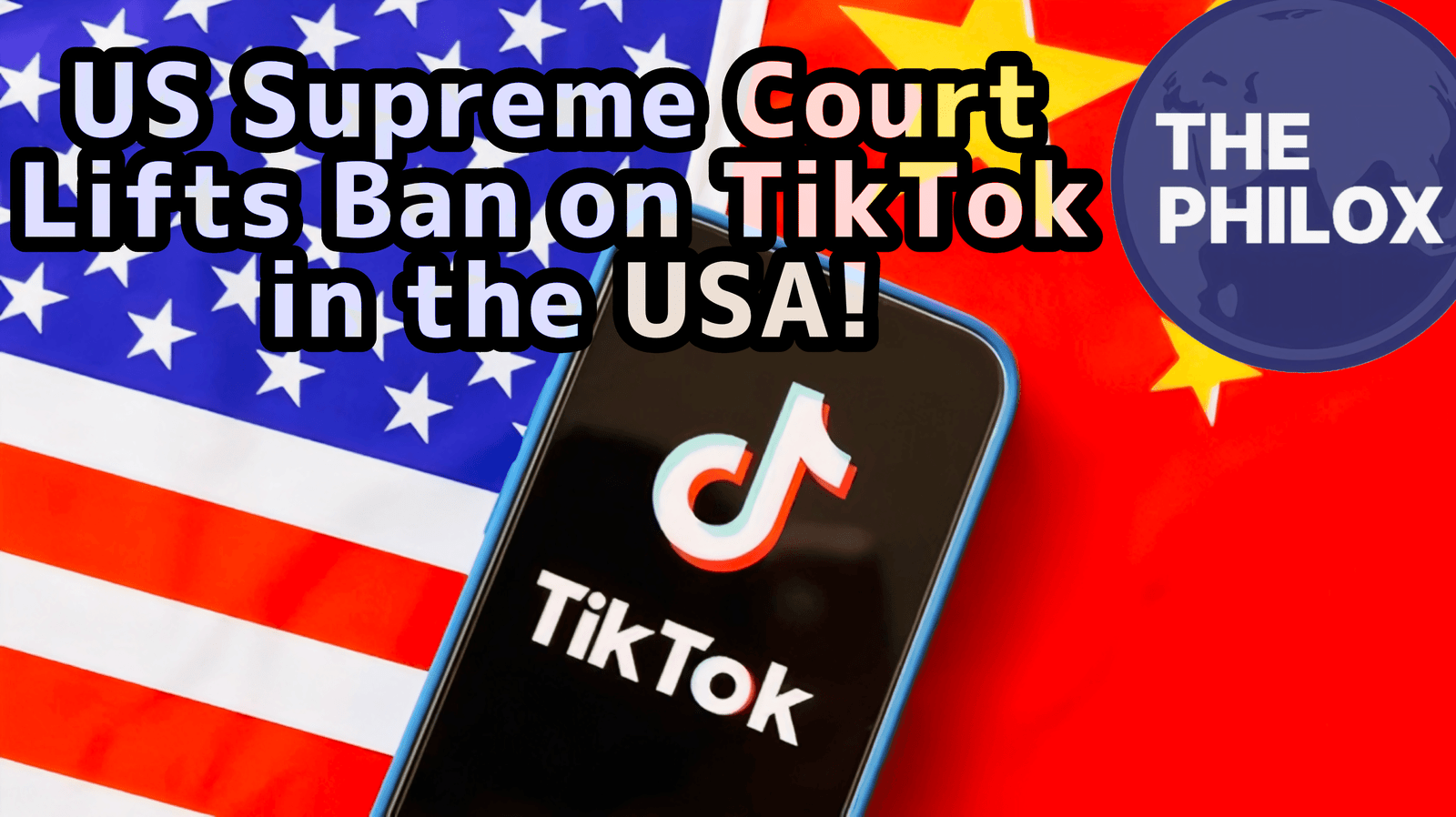Instagram and Elon Musk’s X, formerly Twitter, have changed much since they now use TikTok-like short-form video features called Reels to attract users. Such developments, however are quite far from the original intention of the services, where Instagram is a photo-sharing application and X is a microblogging service. This article involves an examination of the addictive nature of short-form videos, their psychological and productivity-related consequences, and the societal effects of homogenized content. It offers practical strategies that users can undertake to mitigate adverse impacts of overconsumption towards healthier social media habits and digital well-being.
Tag: TikTok content creators
US Supreme Court Lifts Ban on TikTok in the USA, Allowing the Popular App to Continue Operating
This marks the end of one very significant point of intersection in technology, law, and society-the U.S. Supreme Court decision to end the ban imposed on TikTok. TikTok had been prohibited, first over concerns about the Chinese ownership concerning national security as well as concerns for data privacy. The U.S. Supreme Court ruled it could not do this since there was a infringement upon the First Amendment right and they lacked evidence upon which to enact this law. This decision is bound to leave profound implications for the future of TikTok, the digital economy, and the regulatory landscape governing technology platforms.

